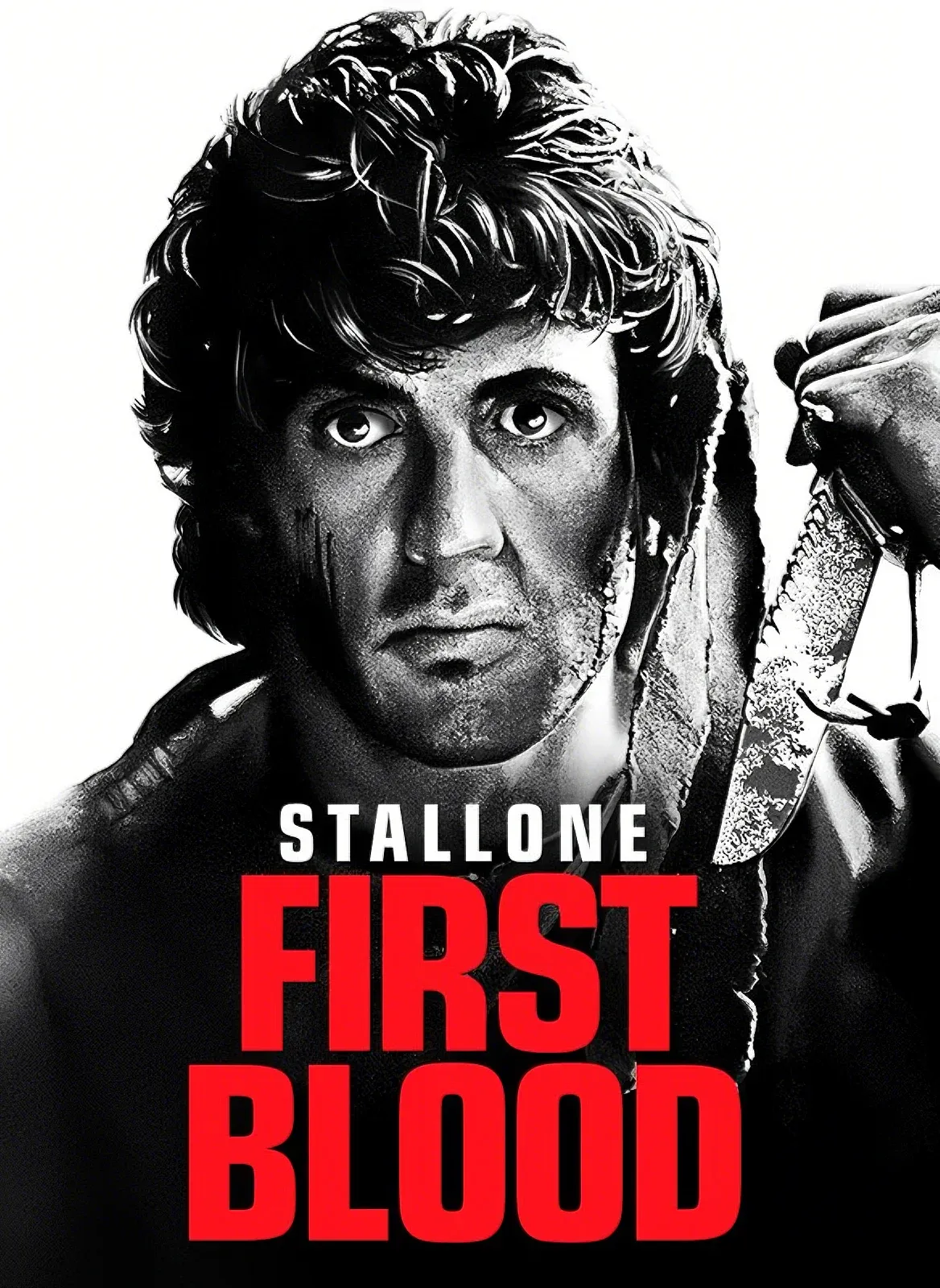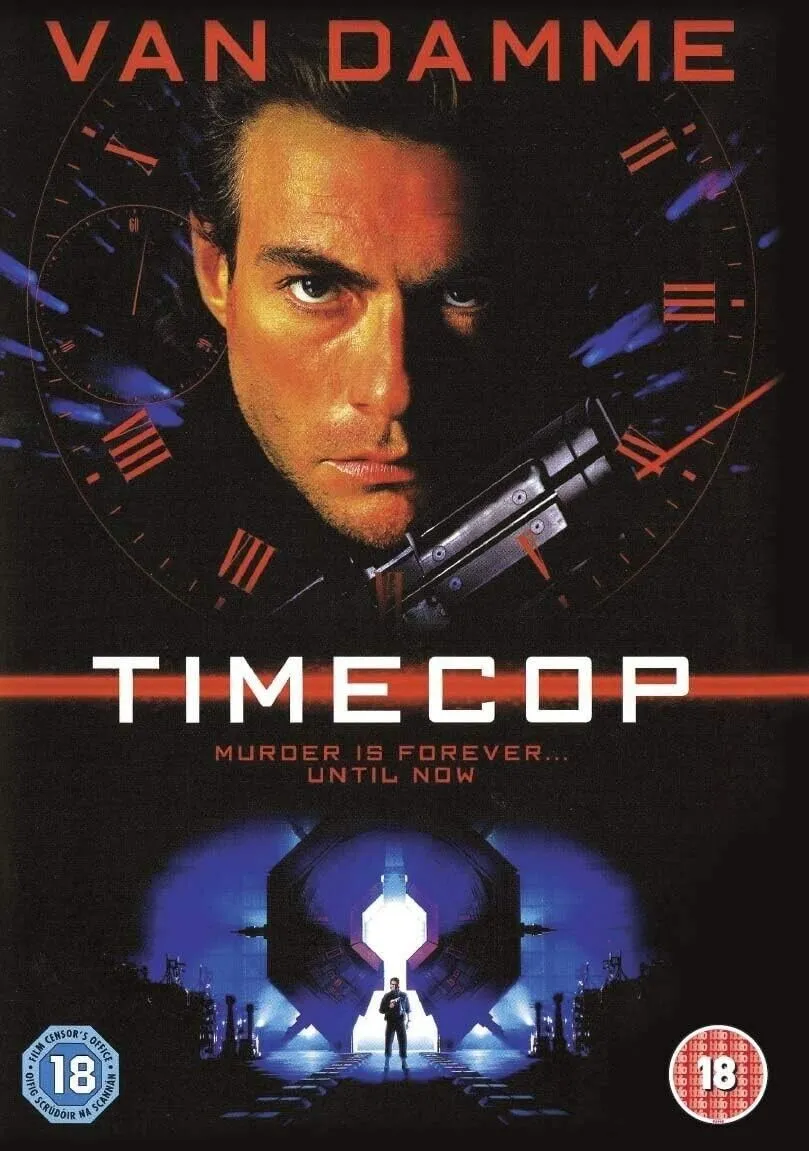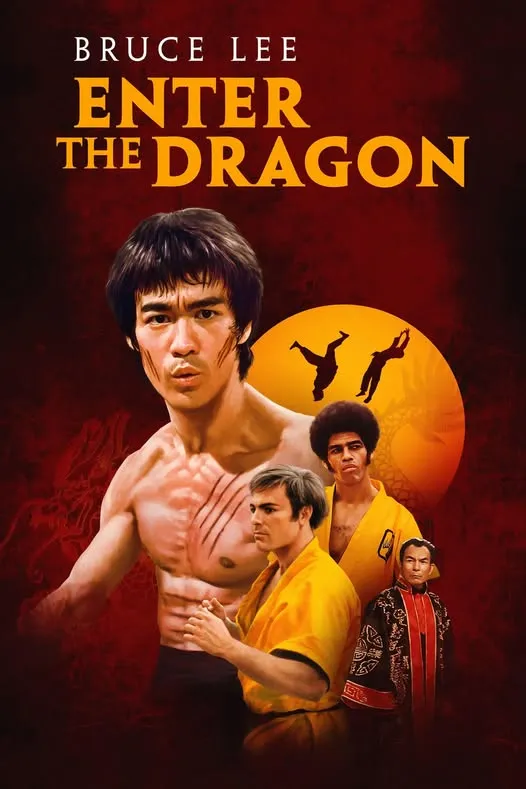Rambo: First Blood (1982)
Rambo: First Blood (1982), directed by Ted Kotcheff, is a gripping action film that explores the emotional toll of war on veterans, showcasing both psychological and physical trauma. The story revolves around John Rambo, a former Green Beret and Vietnam War veteran, who is struggling to find his place in post-war America. The film begins with Rambo (played by Sylvester Stallone) arriving in a small town in Washington State, searching for an old friend. However, his peaceful attempt to pass through the town quickly spirals into conflict when he encounters the local sheriff, Will Teasle (Brian Dennehy). Teasle, suspicious of Rambo’s appearance and demeanor, treats him with hostility and orders him to leave. Rambo, disoriented and struggling with the emotional scars of his time in Vietnam, becomes frustrated and refuses to leave. After a brief confrontation, Teasle arrests him for vagrancy and takes him to jail. Once in custody, Rambo is subjected to mistreatment by the local deputies. In an effort to humiliate him, Teasle and his officers use excessive force, which triggers a violent response from Rambo. This response is not merely an act of defiance, but a subconscious reaction to the trauma Rambo experienced during the war. As a highly trained soldier, Rambo’s instinct is to fight back when threatened. The altercation escalates as Rambo manages to break free from the jail, retreating into the nearby wilderness. Teasle, enraged and unwilling to back down, begins a manhunt to capture Rambo, believing him to be a dangerous fugitive. However, Rambo, equipped with his military training and survival skills, is more than capable of evading the law. As he moves deeper into the forest, Rambo uses guerrilla tactics to disable the officers chasing him, showcasing his expertise in combat and resourcefulness. The film’s central conflict emerges, not just between Rambo and the authorities, but also between Rambo and the society that fails to understand the psychological toll of war. As the chase intensifies, Rambo’s actions shift from mere survival to a mission of self-preservation. He is not just fleeing from law enforcement; he is fighting against a system that does not recognize his suffering. The film portrays Rambo as a victim of a society that treats him with disdain, disregarding the mental and emotional scars he carries from his service in Vietnam. His response to the officers is not driven by anger but by the desperate need to protect himself from those who view him as nothing more than a criminal. The authorities, meanwhile, fail to see the real cause of Rambo’s behavior. Teasle and his deputies underestimate Rambo, believing they are dealing with a common fugitive, not a highly trained combat veteran. As the manhunt grows more intense, the film deepens its exploration of post-traumatic stress disorder (PTSD) and the mental struggles faced by veterans who return home to a country that does not understand their pain.
Rambo’s journey takes a dramatic turn when Colonel Samuel Trautman (Richard Crenna), Rambo’s former commanding officer, arrives in town. Trautman is the only character who understands the true depth of Rambo’s skills and the psychological toll that war has had on him. He warns Teasle that Rambo is not just another fugitive but a man who has been pushed beyond his breaking point. Trautman’s intervention underscores the central theme of the film: the difficulty of reintegrating into civilian life after experiencing the horrors of war. While Teasle and his deputies continue to pursue Rambo, they remain oblivious to the fact that Rambo’s behavior is rooted in his need to survive a hostile and misunderstanding world, not a desire to hurt anyone. The law enforcement officers, especially Teasle, represent a system that fails to grasp the complexities of Rambo’s inner turmoil. As Rambo’s confrontation with the authorities reaches its climax, the film shifts to a more intense and personal level. In a final showdown, Rambo’s tactical brilliance and combat training are on full display as he outwits and overpowers his pursuers. However, as the violence escalates, the emotional weight of the situation becomes undeniable. Rambo’s internal struggle becomes clearer as he is pushed to the brink, with his actions driven more by a desperate need for understanding and recognition than by any desire for violence. The film’s most poignant moment comes when Rambo, having defeated the authorities, finally surrenders to Colonel Trautman. In an emotionally charged scene, Rambo breaks down, expressing the pain and disillusionment he feels from his time in Vietnam. This breakdown represents the culmination of his psychological suffering, revealing that Rambo is not a cold-blooded killer but a deeply wounded man struggling to cope with the trauma of war.
Rambo: First Blood is not just an action movie but a nuanced exploration of the emotional and psychological effects of war. Through Rambo’s character, the film provides a powerful commentary on the mistreatment and neglect faced by Vietnam War veterans, who returned home to a country that often viewed them with suspicion and disdain. The film also highlights the internal conflict between Rambo’s desire for peace and his overwhelming need to protect himself from a world that seems to have forgotten him. As the film concludes, Rambo’s emotional breakdown and his surrender to Trautman underscore the devastating impact of war on the human psyche, suggesting that the true battle for Rambo is not one of physical survival but of healing from the scars of war. Overall, Rambo: First Blood remains a landmark in the action genre, not only for its intense action sequences but for its complex portrayal of a character dealing with the fallout of war. The film’s themes of PTSD, alienation, and the quest for redemption resonate deeply, making it a timeless commentary on the struggles of war veterans. The success of Rambo: First Blood led to a series of sequels, but it is the original film’s raw emotional depth and its portrayal of the human cost of war that makes it stand out as a classic. The character of John Rambo is emblematic of the struggle to find peace in a world that often fails to understand the true cost of combat. Rambo: First Blood endures as a powerful narrative about survival, trauma, and the search for healing in the face of overwhelming adversity.




